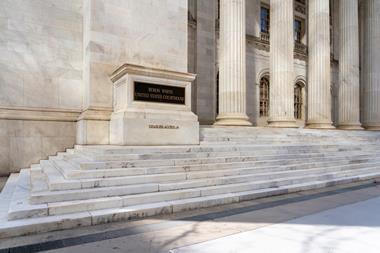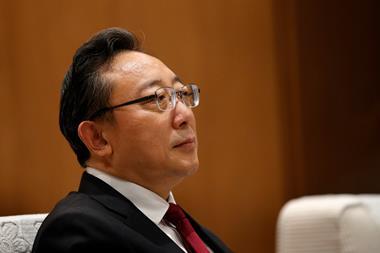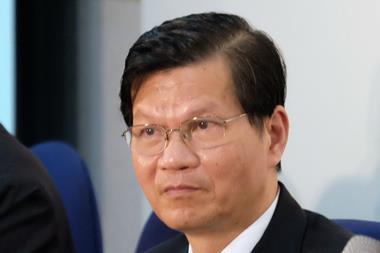
The European Commission has been ordered to pay damages and court costs to a researcher after its European Anti-Fraud Office (Olaf) published defamatory statements accusing her of misuse of grant funding five years ago. Olaf has now removed a press release from its website that was published in May 2020, while a European court has ruled that it contained distortions and inaccuracies.
On 1 October, the European General Court ruled in favour of an unnamed Greek academic who had filed the complaint. ‘Consequently, the applicant has established the existence of damage linked to her state of health arising from the sufficiently serious breaches of EU law that Olaf committed by publishing the press release at issue,’ the ruling reads.
The court awarded the scientist €50,000 (£44,000) in damages, as well as costs, after determining that Olaf’s actions had damaged her reputation, harmed her career and led to a deterioration in her health.
Meanwhile, a Greek court found the researcher innocent of any misuse of grant funding earlier this year, clearing her of all of Olaf’s charges.
Olaf had previously opened up an investigation into alleged irregularities or fraud in a research project funded by the EU that was led by that researcher. Specifically, the case was about a €1.1 million (£960,000) grant the European Research Council (ERC) awarded to a Greek university to support a young researcher and a team of 40 international collaborators.
The Olaf press release raised concerns about how collaborators were paid, claiming that the lead researcher was guilty of misappropriating funds. The press release was supposed to accurately summarise the findings of a report that Olaf drew up on the case.
At the time, Olaf had recommended that the ERC Executive Agency recover approximately €190,000 that was allegedly paid to international collaborators. While the ERC declined a request for an interview, the body did confirm to Chemistry World that its Executive Agency recovered over €180,000 from the host institution in question in March 2022.
According to the new European General Court judgement, the press release unlawfully processed the scientist’s personal data, violated their presumption of innocence, and breached obligations of impartiality and neutrality.
‘[The press release] was making it look as if I was guilty of something,’ says the lead researcher, who spoke to Chemistry World on condition of anonymity. According to the researcher, while the press release claimed that the collaborators were not aware of the project or any payments related to it, the report contained replies from colleagues who stated that they knew of the grant.
‘There were some issues because the researchers were contacted eight to 10 years after their involvement,’ the researcher says. ‘So, when Olaf was asking them to show passport documentation of when they visited the university, they didn’t have that information available.’
‘There were maybe two researchers who could not verify but everybody else verified everything,’ the researcher states, noting that experienced academics from around the world including China, Germany, Thailand, the US and other countries were involved with the project. ‘Those were contacts I already had before the grant was funded in most of the cases.’
The researcher declined to share the original Olaf report, citing confidentiality, but confirmed to Chemistry World that all international collaborators who were due payments from the project did receive them, pointing to over 40 papers acknowledging receipt of funding from the EU project. Olaf declined a request for an interview, and did not reply to a request for its original report.
While the lawsuit focused largely on the press release, the researcher claims that the Olaf report itself is also ‘very problematic’.
‘It was a very sloppy investigation that they did,’ the researcher says, noting that she was denied a position at another university that would have given her an annual salary increase of $30,000 (£23,000) and $1 million in startup funding to set up her laboratory and hire staff at the new institution.
The researcher says the whole saga has caused irreparable damage to her career. ‘I don’t think I will ever be able to get to the level that I would have if the press release had not existed.’











No comments yet